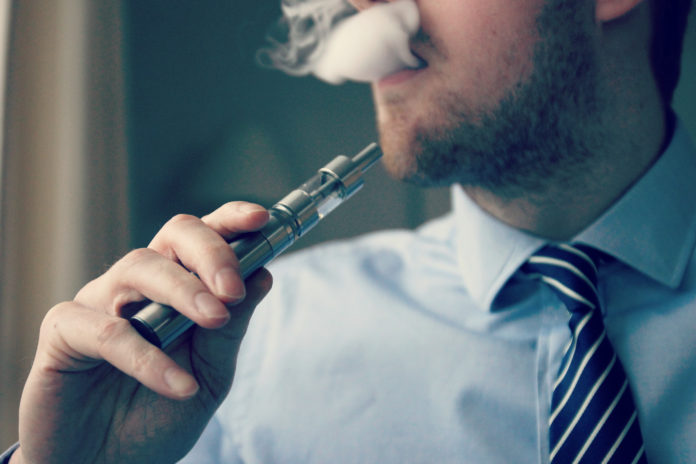New research suggests smokeless tobacco products including e-cigarettes too have a cancer link
While the link of smokeless tobacco products to oral cancer is documented, new research suggests e-cigarettes too have the same risk.
At the 96th General Session of the International Association for Dental Research (IADR), Benjamin Chaffee, University of California, San Francisco, USA gave a poster presentation “Nicotine and Carcinogen Exposure by Tobacco Product Type and Dual-Use.”
India had a huge culture of smokeless tobacco use. Traditionally betel quid was the most commonly used product. However, in recent years, there has been a shift towards manufactured smokeless tobacco products, such as khaini. In many countries, while the prevalence of smoking is decreasing, the use of smokeless tobacco is on the rise. In 2010, an estimated 368 127 deaths (217 076 women and 151 051 men) were attributable to smokeless tobacco use.
Majority of non-cigarette tobacco users are exposed to carcinogen levels comparable to or exceeding exposure among exclusive cigarette smokers
Tobacco use remains a leading cause of oral cancer the world over but the tobacco landscape is evolving with increasing use of non-cigarette tobacco products. Chaffee and co-author Neal Benowitz, also from the University of California, San Francisco, evaluated exposure to known carcinogens according to recent use of different tobacco product types, alone or in combination.
Participants were categorized according to use of combustible — which includes cigarettes, cigars, water pipe, pipes, blunts (marijuana-containing cigars), smokeless — which includes moist snuff, chewing tobacco and snus, e-cigarettes and nicotine replacement products. For each product, recent use was defined as within the prior 3-days and non-use defined as none within 30-days.
The analysis shows that the vast majority of non-cigarette tobacco users are exposed to carcinogen levels comparable to or exceeding exposure among exclusive cigarette smokers — levels that are likely to place users at substantial risk.



Great article, exactly what I needed.
so we are taking definitive medical advice from dentists now ??